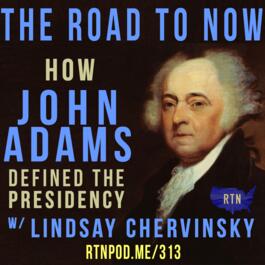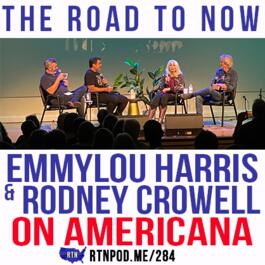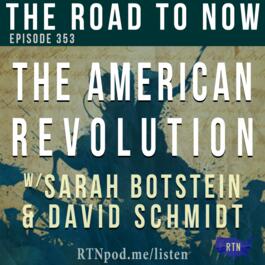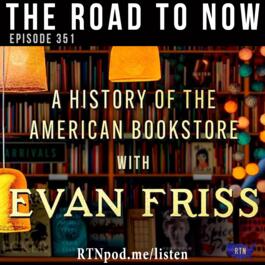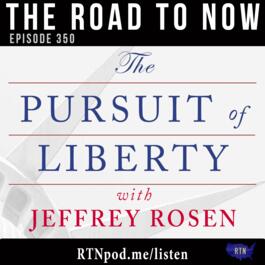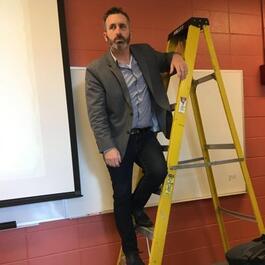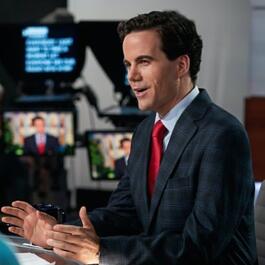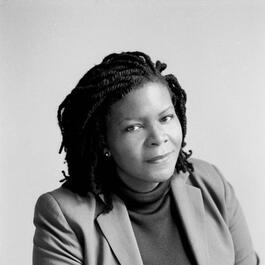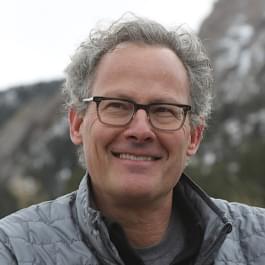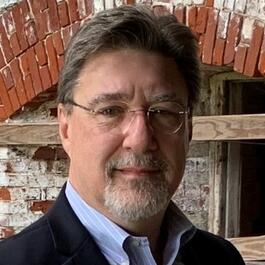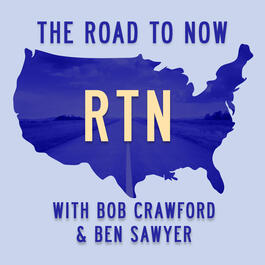
The Road to Now
Bob Crawford (The Avett Brothers) & Dr. Ben Sawyer (MTSU History) share conversations with great thinkers from a variety of backgrounds – historians, artists, legal scholars, political figures and more –who help us uncover the many roads that run between past and present. For more information, visit TheRoadToNow.com If you'd like to support our work, join us on Patreon: Patreon.com/TheRoadToNow
Show episodes
John Adams' single term as President has long been cast as a low point in his political career, but Lindsay Chervinsky sees it differently. "George Washington created the Presidency," she writes in her new book Making the Presidency, "but John Adams defined it." In this episode, Lindsay joins us to share why she sees
What is Americana music? Is it a genre? A community? A refuge? Twenty four years after the founding of the Americana Music Association and thirteen years since the first Grammy was awarded for Best Americana Album, defining "Americana" remains tricky. In our experience, the most common answer has been "you know it when
A decade after Ken Burns decided it was time to take on the American Revolution, the film is finished and premieres on your local PBS station on Sunday, November 16! In this episode, we talk with Sarah Botstein and David Schmidt, who directed the six-part series alongside Burns, to find out more about the stories and p
Wakara was a Ute leader whose power stretched across western North America long before the US claimed the land on which he lived. In this episode, Max Perry Mueller joins us to discuss his new book, Wakara's America: The Life & Legacy of a Native Founder of the American West, and how a story of the west that excludes N
America's bookstores have always been about more than just books, but the role they play in American society has changed over the years. In this episode, Evan Friss joins us for a conversation about his New York Times Bestseller, The Bookshop: A History of the American Bookstore (Viking, 2023), and the unique place tha
National Constitution Center President & CEO Jeffrey Rosen returns to the show to discuss his new book The Pursuit of Liberty: How Hamilton vs. Jefferson Ignited the Lasting Battle Over Power in America, and the ways that the contrasting visions of the founders live on in our political debates today. Make sure to che
